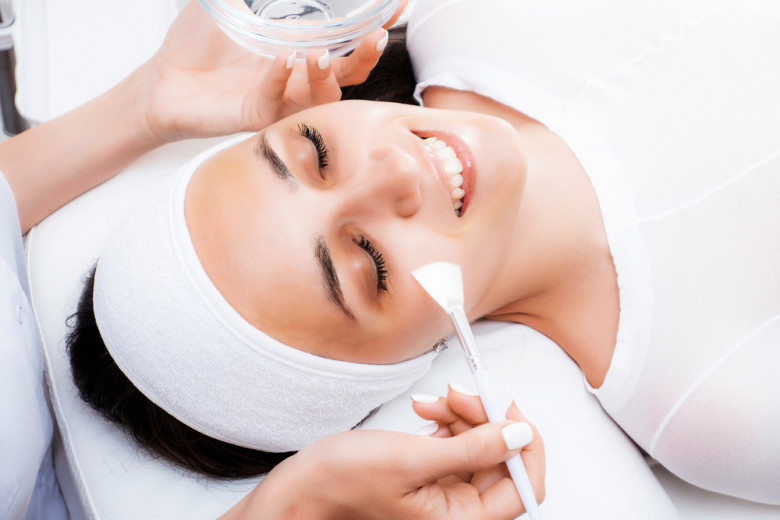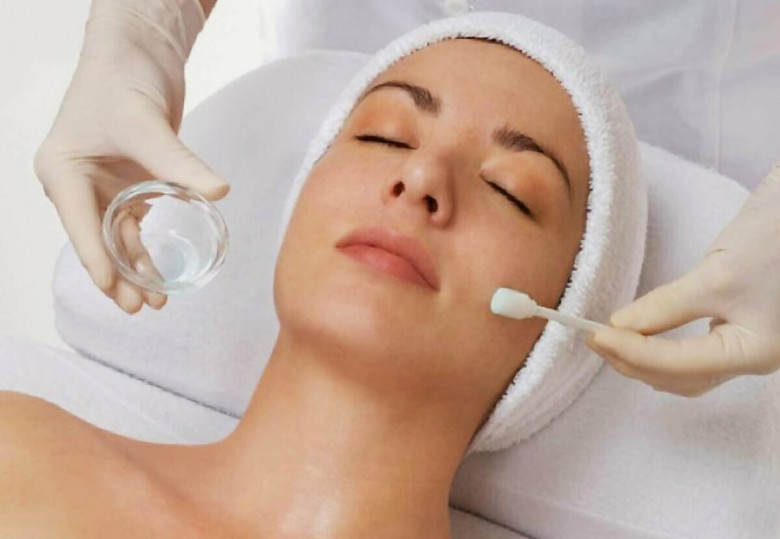views
Chemical peels have become a popular skincare treatment for anyone looking to rejuvenate their skin, reduce pigmentation, or smooth out fine lines. As interest in skincare continues to grow, especially in cities like Dubai where beauty standards are high, many people are beginning to explore this treatment more seriously. It’s no surprise that questions about safety and suitability for different skin types are on the rise—right along with the curiosity around Chemical Peels Cost in Dubai.

What Exactly Is a Chemical Peel?
A chemical peel is a cosmetic treatment that uses a specially formulated solution to exfoliate and eventually peel off the top layers of skin. The goal is to reveal fresher, smoother, and more evenly toned skin beneath. Peels can range in intensity from light, surface-level exfoliants to deep treatments that reach the inner layers of the dermis.
Skin Type Matters—A Lot
Not all skin is created equal, and that matters when considering a chemical peel. Skin tone, texture, oiliness, sensitivity, and even previous skin conditions can influence how your skin reacts to a peel.
-
Fair to Medium Skin Tones: These skin types tend to respond well to most types of peels, especially lighter peels like glycolic or lactic acid. These are generally considered low-risk for hyperpigmentation or scarring.
-
Olive to Deep Skin Tones: Darker skin tones can still benefit from chemical peels, but extra care is needed. Certain peels—particularly stronger ones—may increase the risk of post-inflammatory hyperpigmentation (PIH), a condition where skin becomes darker after inflammation or irritation.
Are Chemical Peels Safe for All Skin Types?
The short answer: Yes, with the right approach.
The key to safety is personalization. A peel that works wonders on one skin type could cause irritation or unwanted pigmentation in another. Here’s what to keep in mind:
-
Light Peels (like those using alpha hydroxy acids) are generally safe for most skin types and are a good starting point for beginners.
-
Medium Peels (such as trichloroacetic acid or TCA) can treat deeper wrinkles and acne scars but may require downtime and careful monitoring.
-
Deep Peels (like phenol peels) are the most aggressive and not typically recommended for darker skin tones due to the higher risk of scarring and pigmentation issues.
What Increases the Risk?
Several factors can make chemical peels less safe for certain individuals, including:
-
Active acne or skin infections
-
History of keloids or abnormal scarring
-
Use of certain medications like isotretinoin
-
Skin that's been recently waxed, shaved, or exposed to sunburn
Consulting with a licensed skincare professional before getting a peel is crucial. A patch test may also be recommended to evaluate how your skin reacts before committing to a full treatment.

How to Prep Your Skin Safely
If you’re planning to get a chemical peel, start prepping your skin a week or two in advance:
-
Avoid exfoliating products, retinoids, and harsh skincare
-
Stay out of the sun and wear SPF daily
-
Keep your skin moisturized and balanced
After the peel, follow aftercare instructions closely. Hydration, gentle cleansing, and sunscreen are your skin’s best friends during the recovery process.
Final Thoughts
Chemical Peel Dubai can be a powerful tool for glowing, youthful skin—but only when approached with care. Every skin type can potentially benefit from a peel, but the formula, depth, and timing must be tailored to your individual needs.






















Comments
0 comment